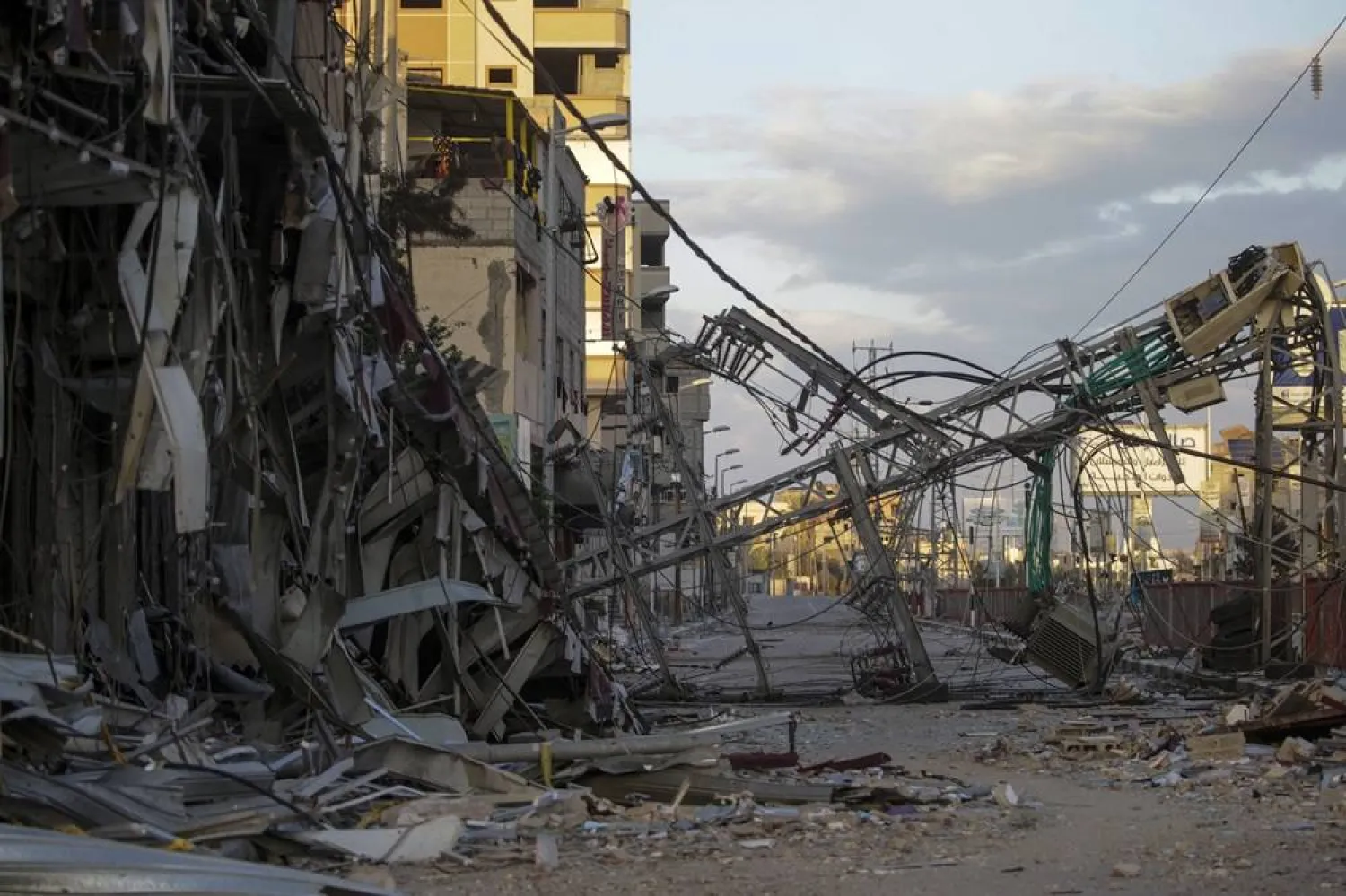Egyptian President Abdel Fattah al-Sisi accused Israel on Wednesday of holding up aid deliveries from the Rafah border crossing Gaza by pursuing procedures that halt movements.
"This is a form of pressure on the Gaza Strip and its people over the conflict and the release of hostages. They are using this as a pressure tool on the people of the Strip," Sisi told a gathering of military officers and state officials.
"We used to send Gaza 600 trucks a day. But for the past two to three days, we are not delivering more than 200 to 220 trucks (of aid) per day. How are these people (in Gaza) living?" he said.
"Egypt's Rafah crossing is open 24/7 every day of the month. But the procedures taking place on the Israeli side for us to send in the aid without it being blocked by anyone, they are the reason (for holdups)."
Israel's air and ground war in Gaza following a surprise cross-border assault by Hamas militants has caused a severe humanitarian crisis, with most of Gaza's 2.3 million people left homeless and acutely short of food, water, medicine and fuel.
Israel has previously denied holding up aid to Gaza via the Rafah crossing.









